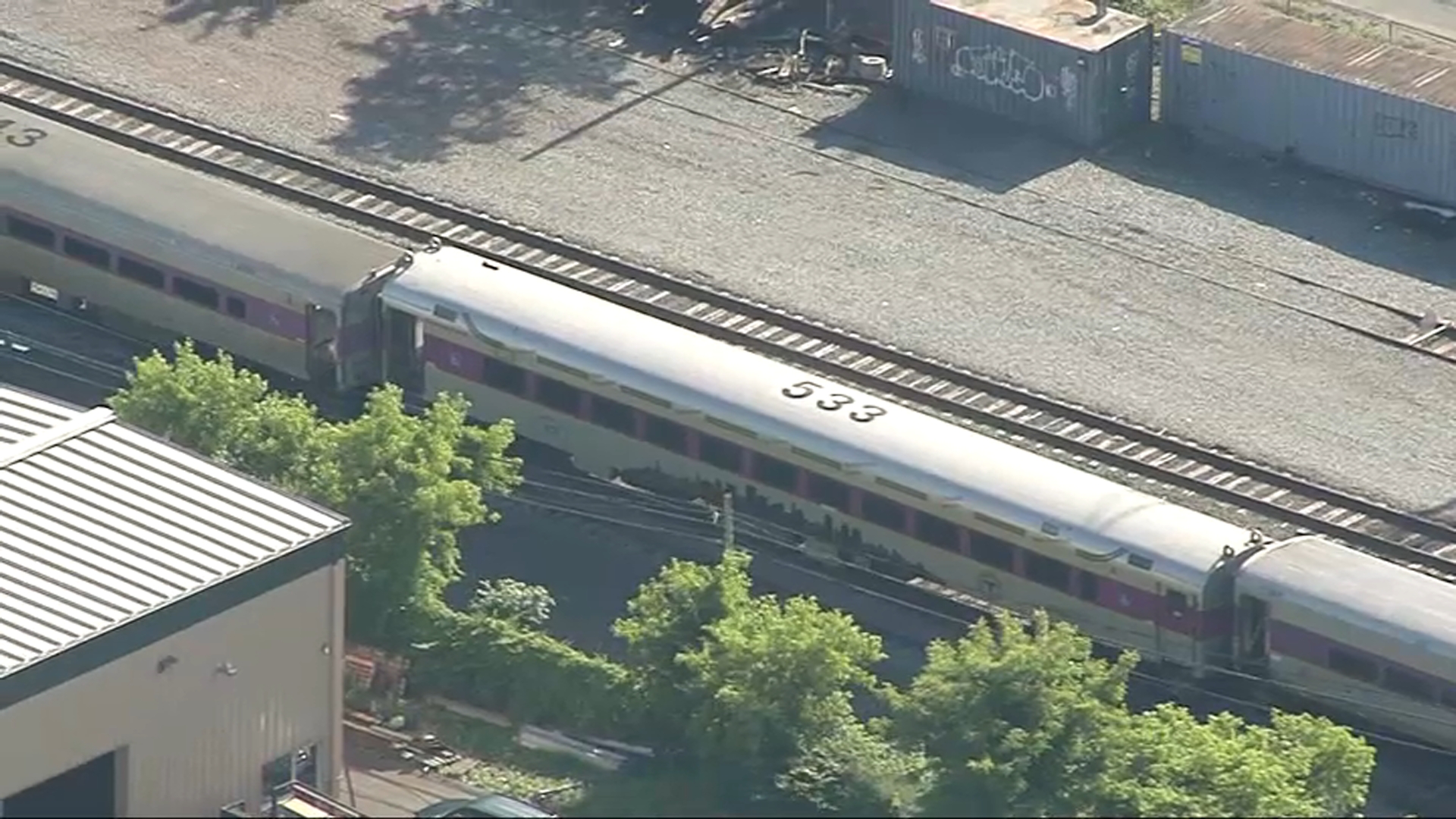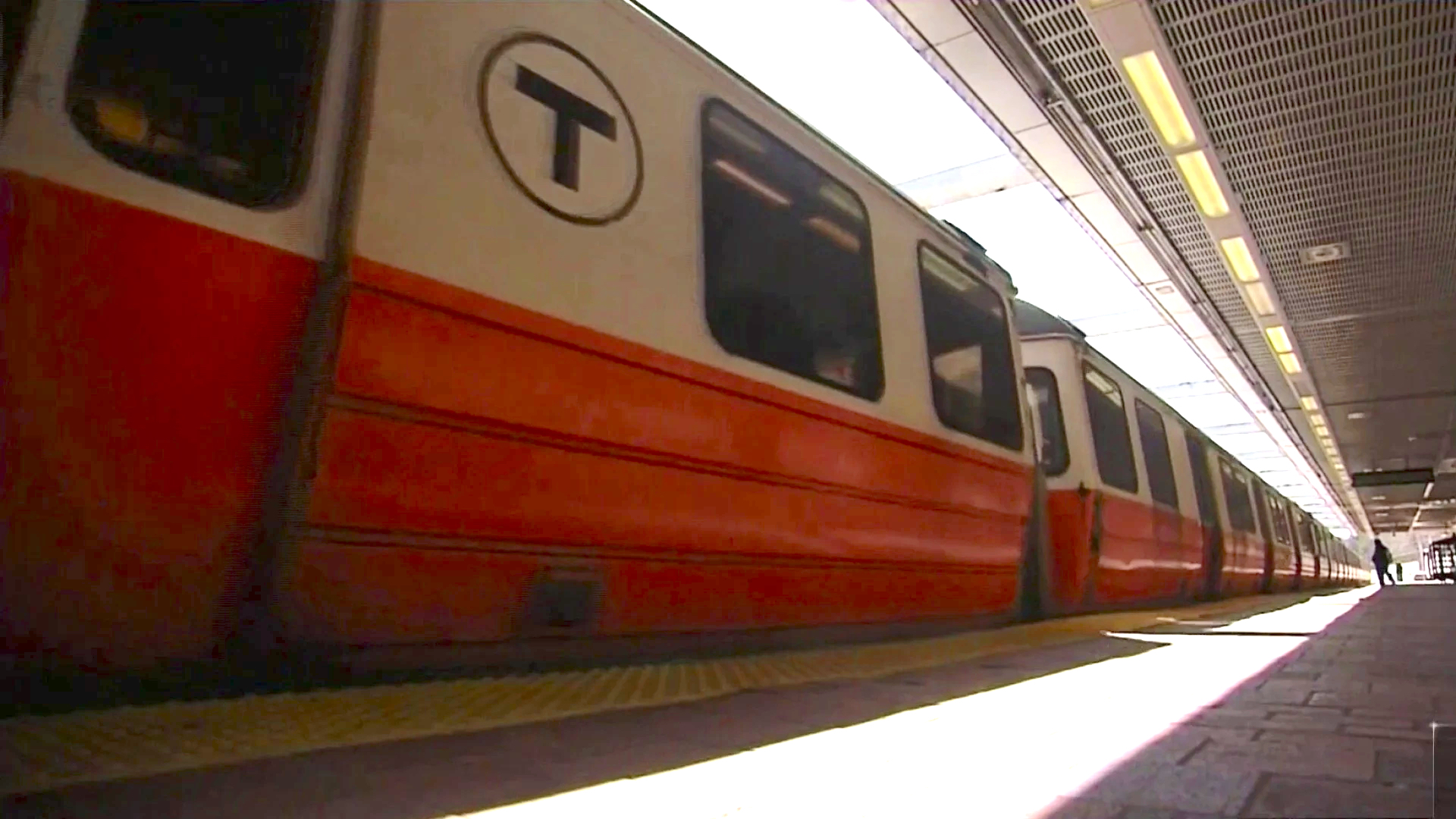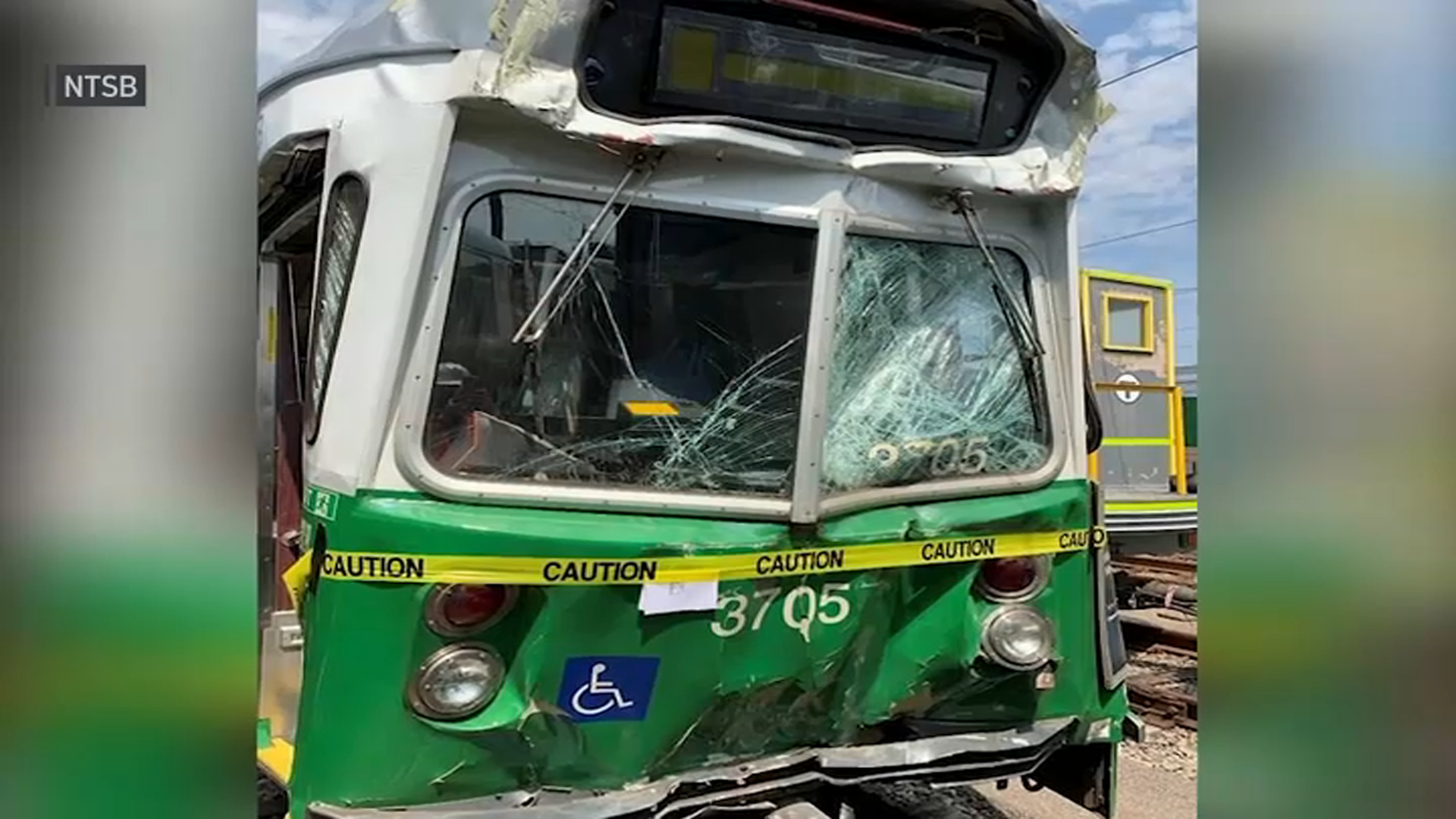The NBC10 Boston Investigators are uncovering new details about the crash between two MBTA Green Line trains last week.
The latest incident disrupted service for commuters and raised more questions about the safety of the transit system.
WATCH ANYTIME FOR FREE
>Stream NBC10 Boston news for free, 24/7, wherever you are. |
NBC10 Boston was first to report that speed was a major factor in the crash.
The speed limit is just seven miles per hour in the location where the crash happened at the Government Center T stop. But sources told NBC10 Boston the trolley that hit another one as it entered the station was traveling at least twice that fast.
Get updates on what's happening in Boston to your inbox. Sign up for our >News Headlines newsletter.
For riders of the T, it's tough to keep up with the steady drumbeat of bad news.
"You know, I just don't understand. We're worse off than we ever were," said Jonathan Berg, who commutes daily on the T.
Stacy Thompson, a transit advocate with the Livable Streets Alliance, described how she thinks commuters must feel after the latest accident.
"Disappointment and frustration," she said. "I think that people who ride the T every day want to know that it's safe and reliable."
"I think the riding public has a right to be frustrated," Thompson added. "I think the riding public has a right to more answers."
The Green Line collision comes amid an unprecedented federal safety review following a series of high profile incidents, including derailments, a passenger death on the Red Line, and last summer's Green Line crash on the Boston University campus. Speed was also a factor in that collision, which injured 25 people.
"In some ways, we're happy the feds are here. They're going to review what's going on with the T and hopefully give us a set of recommendations to implement to improve the safety of the system," Thompson said.
MBTA General Manager Steve Poftak said much like cars on the road, the Green Line is unique because it relies on operators to speed up, brake and follow traffic lights.
Anti-collision technology on the tracks is long overdue, and following last summer's crash the T is now accelerating the construction schedule to get it in place by the end of 2023.
"I surely wish it had been installed much sooner," Poftak said. "It would've avoided the train-on-train we had last August and it likely would've avoided this accident."
An MBTA spokesman said all four operators involved in last week's crash remain on paid administrative leave while the investigation continues. The driver of the train that struck the other train did not have any safety violations on his record, the agency said.




